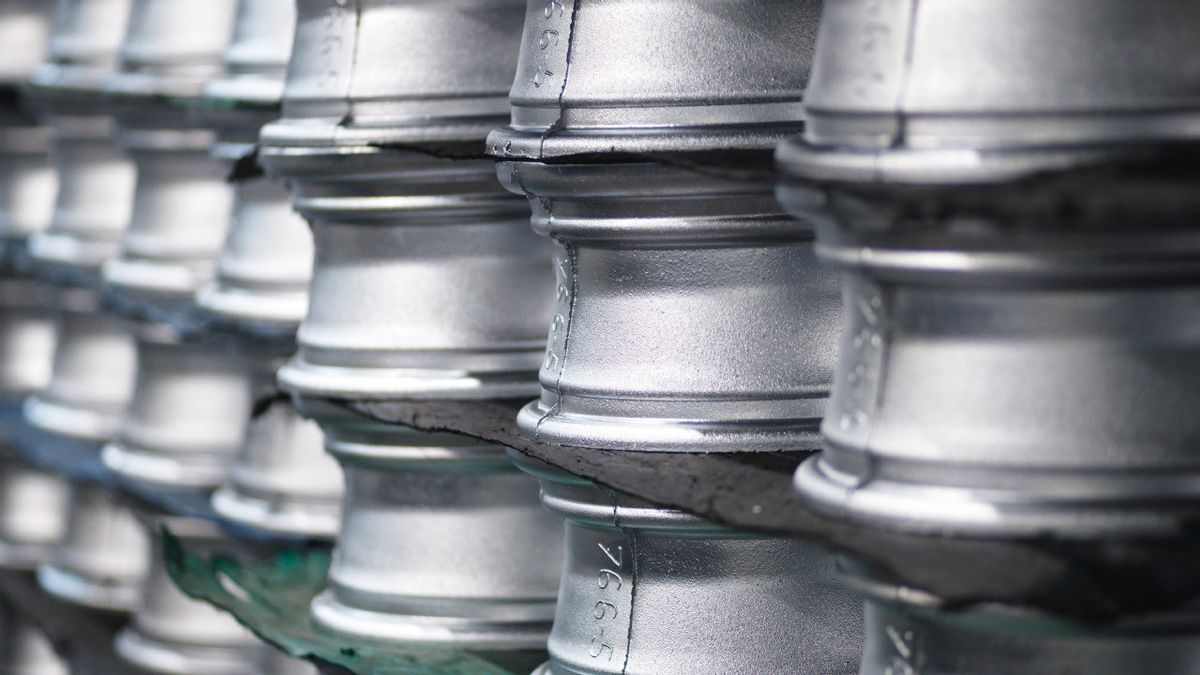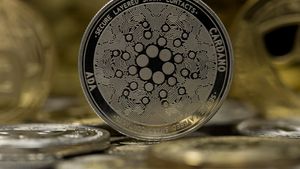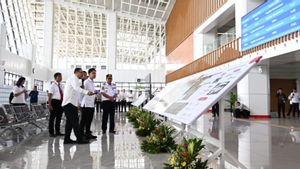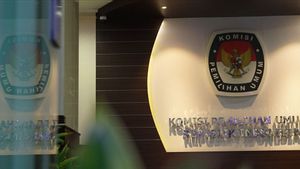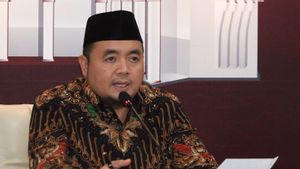JAKARTA - Carbon Digital Conference, an annual meeting in Indonesia that discusses energy efficiency technology, was held some time ago. One of the topics discussed is low aluminum carbon.
The event, which was held from 9 to 11 December, brought in experts from all over the world, including innovative digital players, global carbon credit buyers, to carbon project developers. All of these experts focus on the carbon neutrality target by 2050.
Several companies were also present at the event, one of which was RUSAL, which is a low-carbon aluminum producer that supports environmentally friendly technology. The company delivers their contribution to reducing carbon emissions.
'Maintaining our environment is one of RUSAL priorities. We are proud to be able to convey the best innovative solutions and products to reduce world-scale carbon emissions," said RUSAL Representative Director for Southeast Asia and Taiwan Kevin Kong Wen Hao.
Kevin added that Indonesia has a very important role in supporting the global carbon economy. If you take a new approach related to environmental issues, Indonesia can achieve a commitment from the Paris Agreement.
VOIR éGALEMENT:
"Continuous development requires an effective new approach in overcoming diverse humanitarian challenges," Kevin said. "We believe that our joint efforts towards this direction will benefit the whole world."
As the world's largest low-carbon aluminum producer, RUSAL has succeeded in reducing carbon emissions globally. This is supported by aluminum demand in global troop chains, both for bauxite mining, transportation, and technology.
Last year, RUSAL produced 4 million tons of low-carbon aluminum. This aluminum helps its consumers in tracking and reducing their Scope 3 emissions. This achievement is in line with the Indonesian government's carbon reduction target.
To achieve carbon neutral by 2050, the government wants to cut greenhouse gas emissions worth equivalent to carbon dioxide 140 million tons by 2030. The government is also trying to carry out various initiatives, one of which is battery production to 140 GWh per 2030.
The English, Chinese, Japanese, Arabic, and French versions are automatically generated by the AI. So there may still be inaccuracies in translating, please always see Indonesian as our main language. (system supported by DigitalSiber.id)
